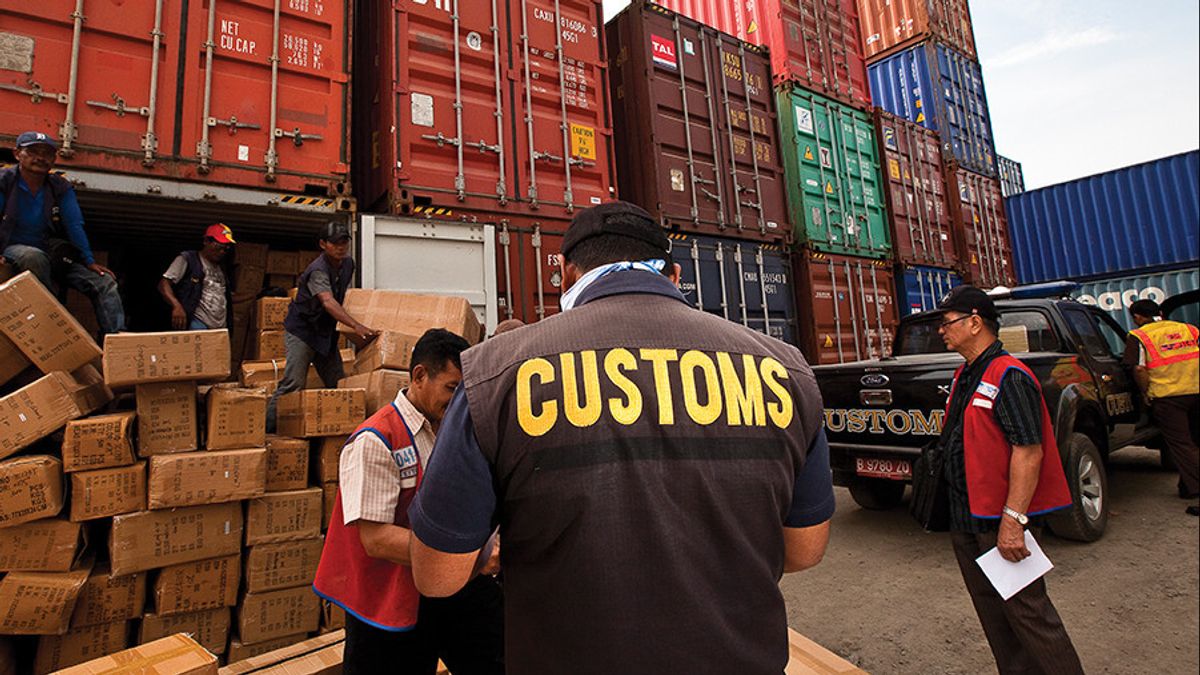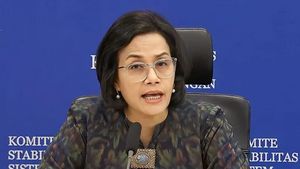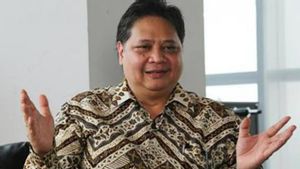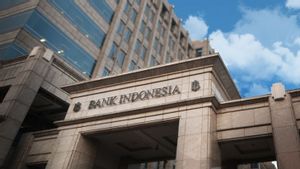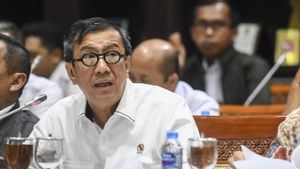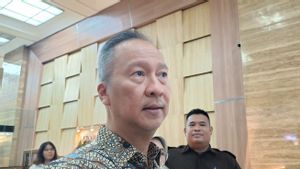The Directorate General of Customs and Excise stated that the government is currently accelerating the completion of the implementation of the National Logistics Ecosystem (NLE) program as an answer to more efficient and systematic logistics flows.
Director General of Customs and Excise Askolani said that NLE provides services from upstream to downstream in the process of logistics flow for goods abroad and the movement of domestic goods.
Benefits through the implementation of NLE include the implementation of single submissions (quarantine, transporter, and licensing), single billing, facilitation of payment channels, compliance control tools and implementation, encouraging service standardization, and facilitating the importing, exporting, and logistics business processes," he said in a press release today, Sunday, August 27.
According to Askolani, NLE was compiled into four pillars and has shown several positive achievements. It was stated that Pilar I (process simplification) recorded an increasing trend of utilization in the single submission (SSm) of Transportationrs, SSm QC, SSm Licensing, and domestic manifests.
Then, Pilar II (collaboration of logistics platforms) in a system manner has been built and is currently in the process of being developed by the National Single Window Institute (LNSW). Pillar III (easy payment) has run a single billing scheme that has been piloted in 1 port in Indonesia.
SEE ALSO:
And the last one is Pilar IV (space plan) related to the plan to implement zoning policies and plans to synchronize the container train line at Tanjung Priok Port.
"In 2022, in general, there are 14 seaports in Indonesia that have implemented NLE services. In 2023, the implementation of NLE is in the process of expanding to 32 other seaports and 6 airports gradually spread throughout Indonesia," he said.
Askolani added, to assess the effectiveness of NLE services in a sustainable manner, in 2023 a follow-up NLE survey will be carried out. This year's survey is expected to yield better and more comprehensive survey quality with a quantitative approach.
"There is great hope that the implementation of NLE will not only focus on output, but also produce positive outcomes for the community. Therefore, we invite the public and business people to support the implementation of NLE," he concluded.
The English, Chinese, Japanese, Arabic, and French versions are automatically generated by the AI. So there may still be inaccuracies in translating, please always see Indonesian as our main language. (system supported by DigitalSiber.id)
